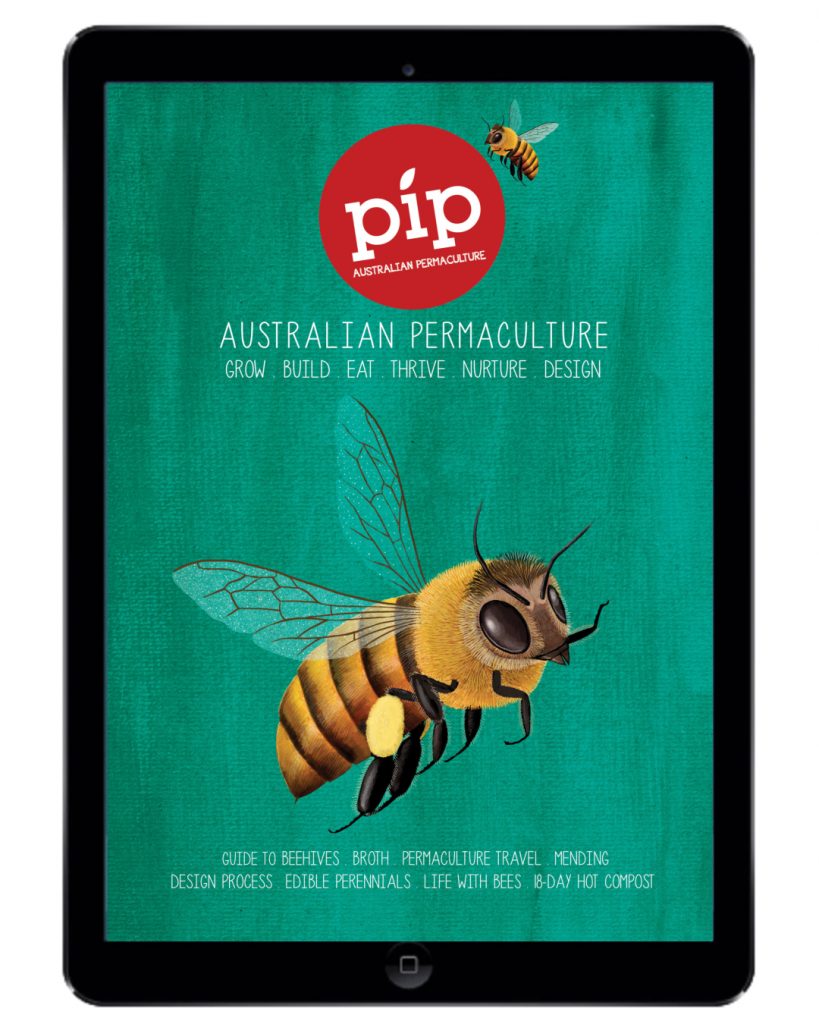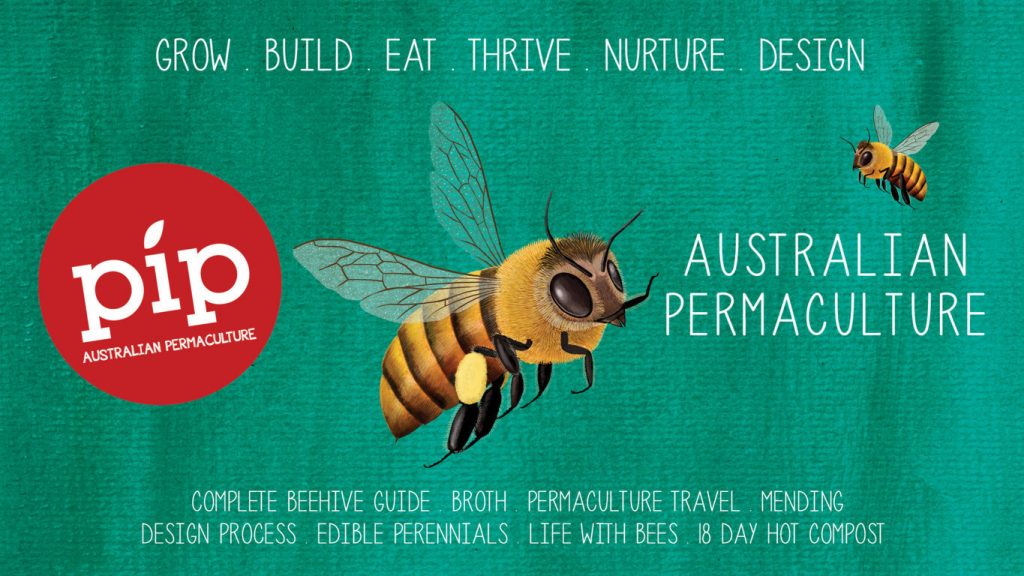
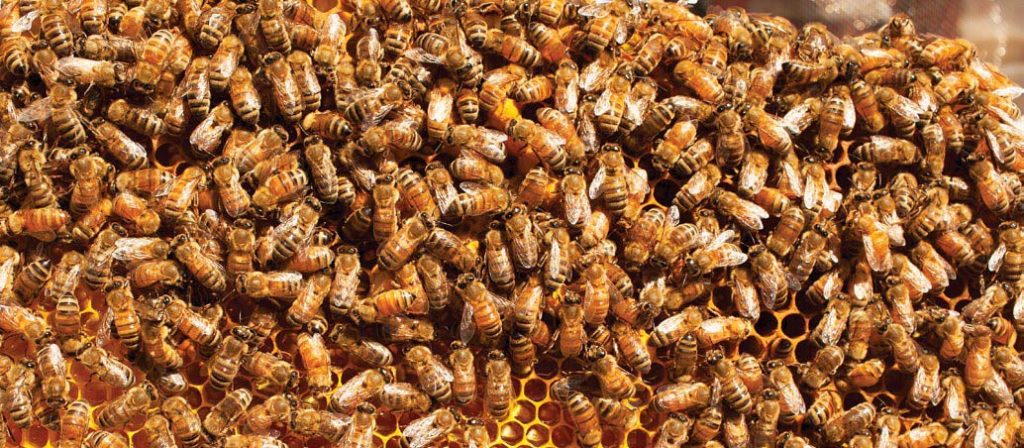
Save The Bees
Without the pollination services that bees provide our tables would begin to look very bare. Bees are responsible for one-third of the food we eat. In Australia around two-thirds of European-introduced horticultural and agricultural crops are entirely dependent on bees.
Without bees, forget your apples, almonds,…
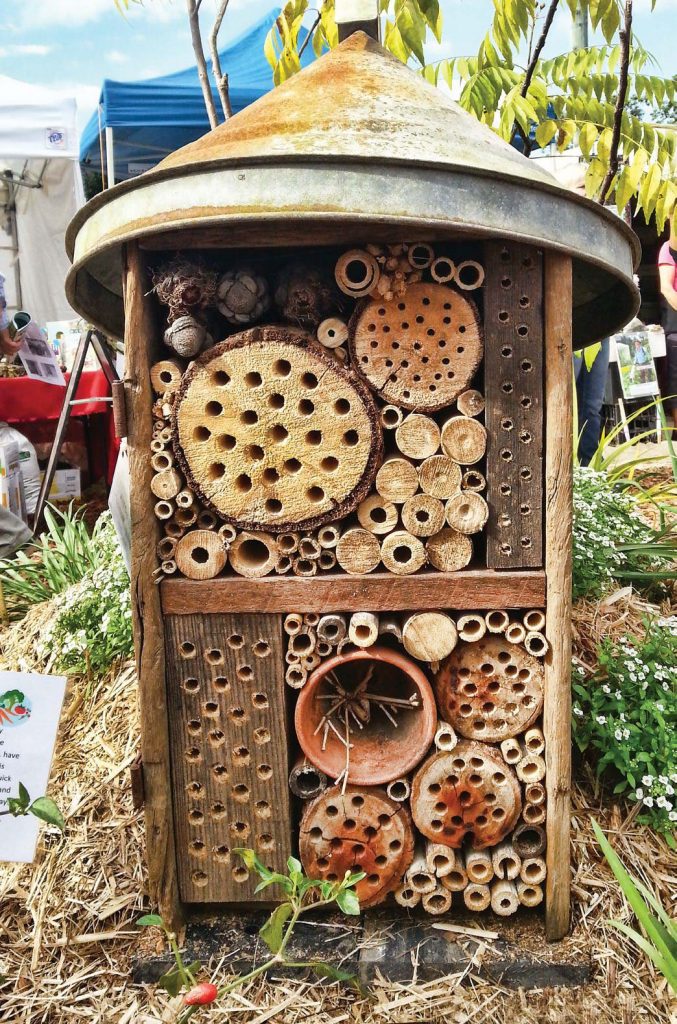
Native Bees In The Permaculture Garden
Bees are under threat worldwide. As we urbanise our environments we remove bees’ natural habitat – we create flowerless landscapes when we substitute concrete and lawn for flowering trees and shrubs. And agricultural practices, such as monoculture, remove the variety of floral resources bees need…
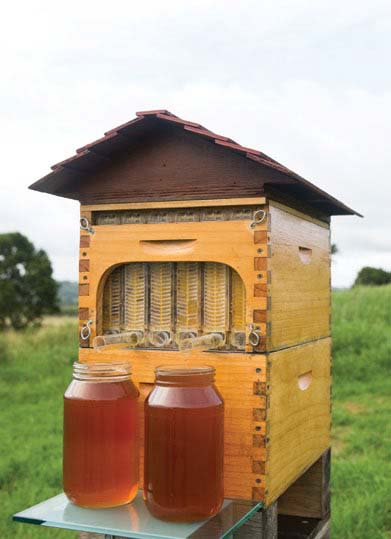

A Look Inside The Hive: A Guide To Choosing The Best Beehive
With so much focus on the plight of honeybees in the media these days, beekeeping has had a huge resurgence. Beehives are popping up in every suburb, in every city of the world. Everybody wants to help the bees!
WHY AND WHERE TO KEEP BEES?
Bees are…
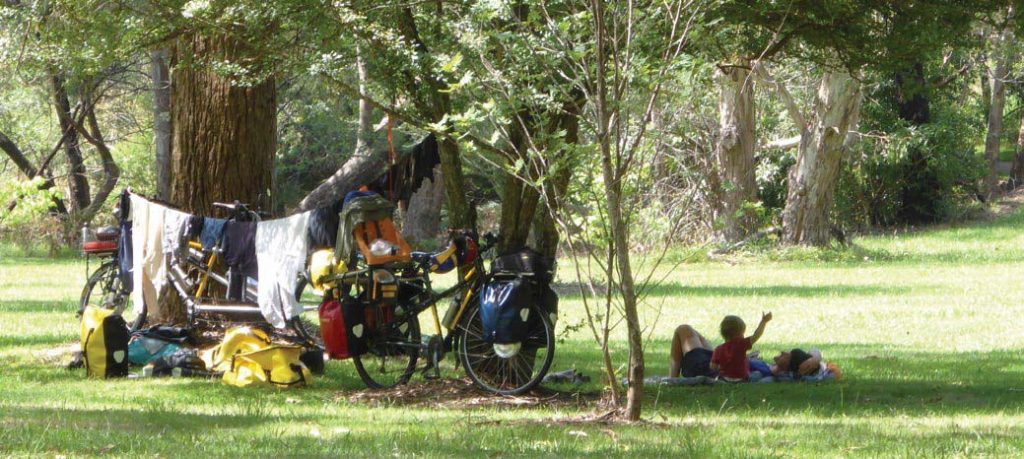

Artist As Family: The Art Of Permaculture Travel
When David Holmgren and Bill Mollison developed permaculture in the 1970s it was an attempt to reduce the growing environmental and social crises of modern life. Their concept emphasised designing low consumption, low pollution and highly productive human settlements. Nearly forty years later, we wanted…
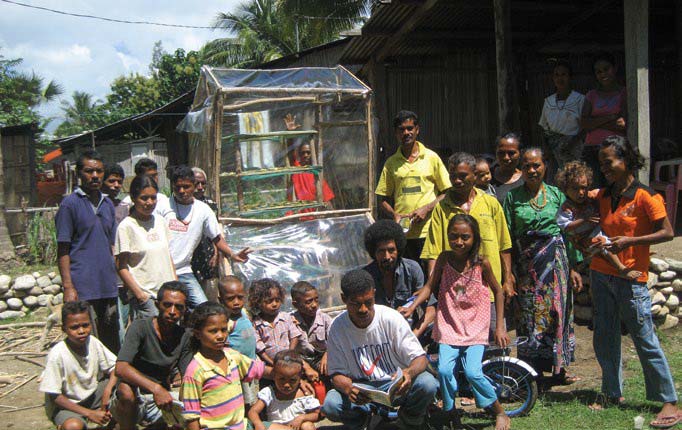

Permaculture Timor Leste And A Tropical Permaculture Guidebook
Fifteen years ago, permaculture grew roots in Timor Leste after the Timorese people’s incredible and tragically brutal passage to gain independence from Indonesia.
Permaculture was introduced to Timor Leste by Steve Cran and a group of Australian permies which included Lachlan McKenzie, Julianne Hartmann, Rob Swain…
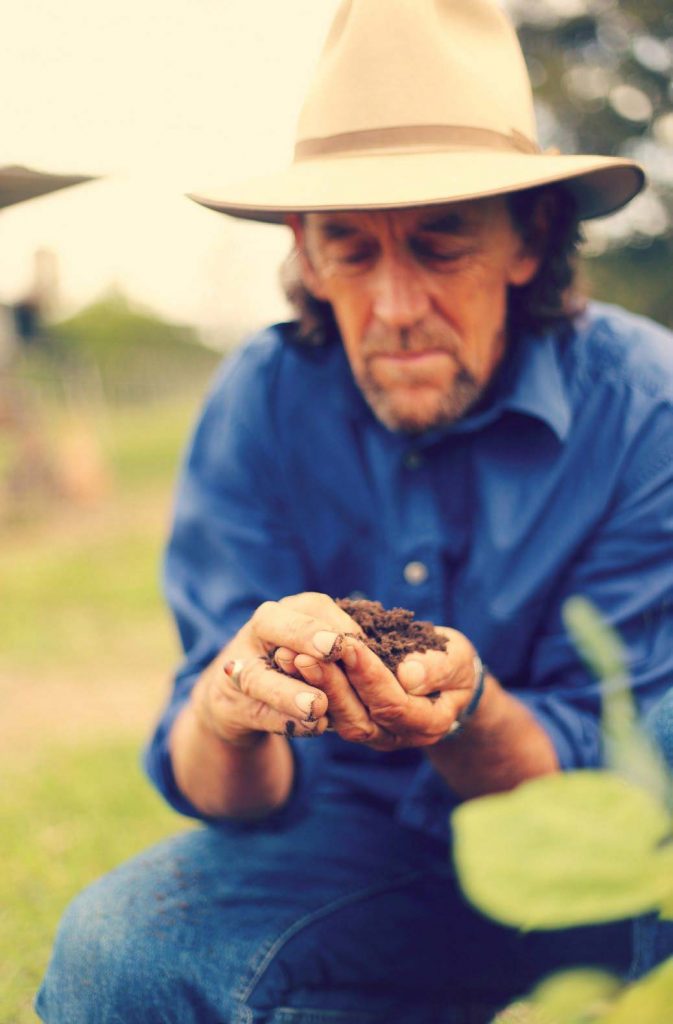

Save Our Soils
All terrestrial life depends on soil, directly or indirectly. Although our understanding of topsoil has grown by leaps and bounds over the past decades, we are still losing this invaluable resource at a frightening pace.
Less than thirty per cent of the world’s topsoil remains in…


Merri Bee Organic Farmacy
Bee Winfield and her partner Stewart Seesink have transformed their eleven hectare property, at Nannup in the south-west of Western Australia, by building soil. Bee’s been obsessed with compost since she was a teenager, and is still making it forty years later. After courses on…
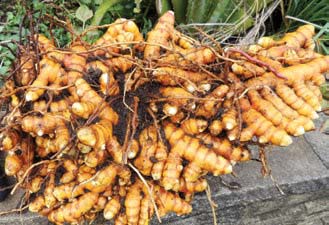

Perennial Abundance: Ten Edible Perennials
Edible perennials are at the heart of a successful permaculture garden. These plants live for several years, are abundant, and bring diversity and resilience to the garden. They perform many functions in the system, and dramatically increase the harvestable yield.
Not only do perennials provide an…
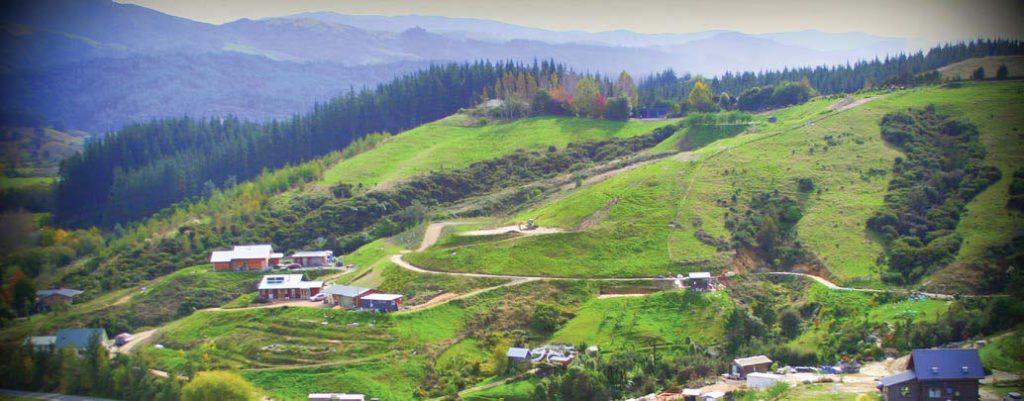

Atamai Village: A Resilient Community
Resilience means the ability to adapt and respond positively to challenge and change. Small villages have been the most enduring form of human settlement across continents and across centuries and presumably will continue to be so in a future filled with uncertainty around issues such…
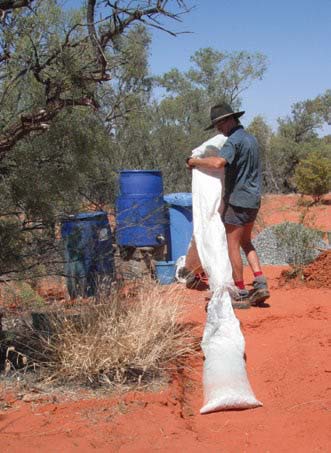

Earthbag Building: How To Build An Earthbag Structure
Earthbag building (or ‘super adobe’) is a technique credited to Nader Khalili, an Iranian-born architect and humanitarian. The technique uses polypropylene bag (the kind of bag your chook food comes in, before it is cut into lengths) as a continuous, flexible form to hold courses…
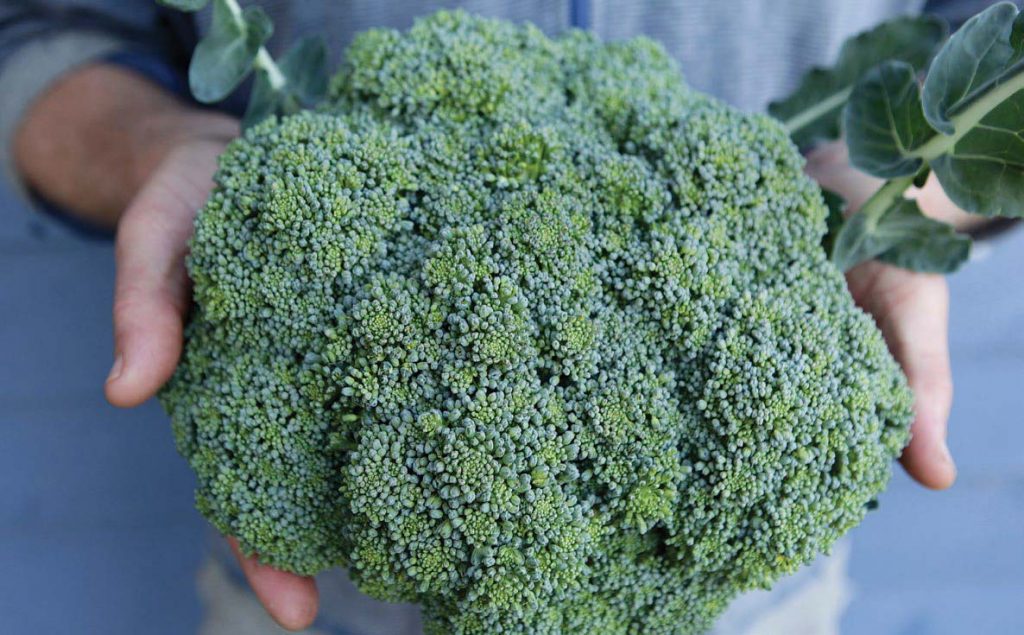

Towards A Permaculture Diet
A permaculture-designed diet is healthy, local and sustainable, with much of the food grown in our own gardens, farms and communities. When we choose to eat what’s in season, and to eat locally grown foods, we reduce or remove the harmful and wasteful aspects of…
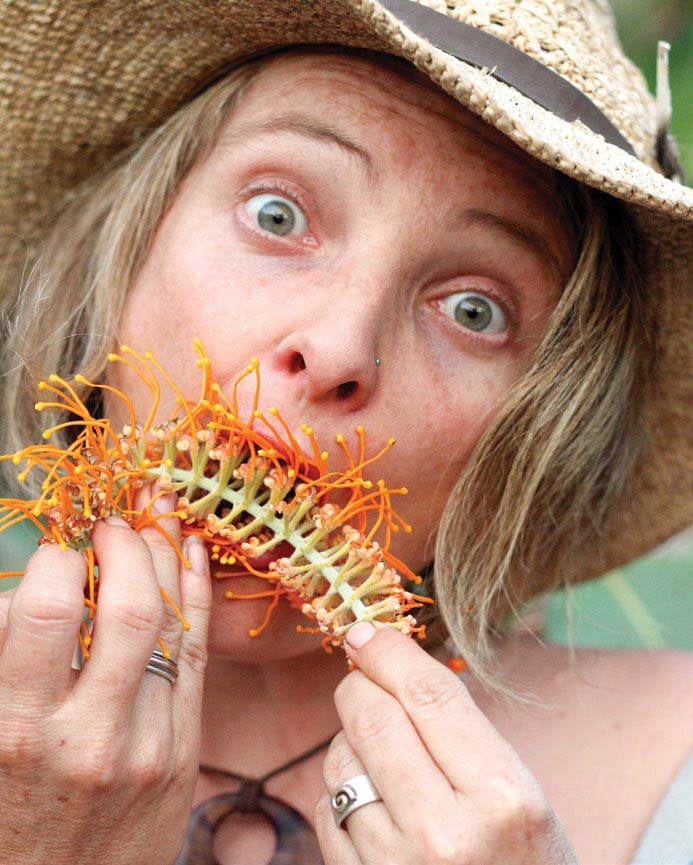

Emma Lupin: Tropical Food Ambassador
You may shy away from the idea of eating cane toad leg stir-fry; Emma Lupin will not. As a Northern Territory resident for the last seven years, Emma has channelled all her efforts into learning the ways of the tropics, finding local produce and searching…
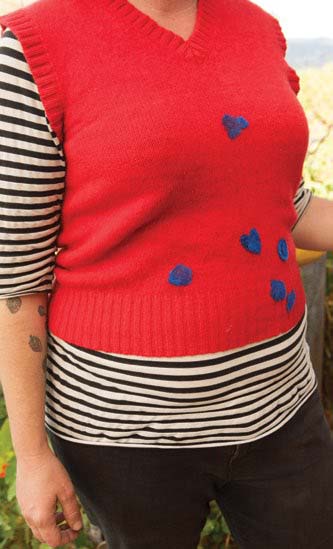

The Lost Art Of Mending
Have you ever had to throw out a piece of clothing because it got a stain you couldn’t remove, or a hole you couldn’t mend? In our efforts to reduce our burden on the planet many of us buy second hand clothes, or pass on…
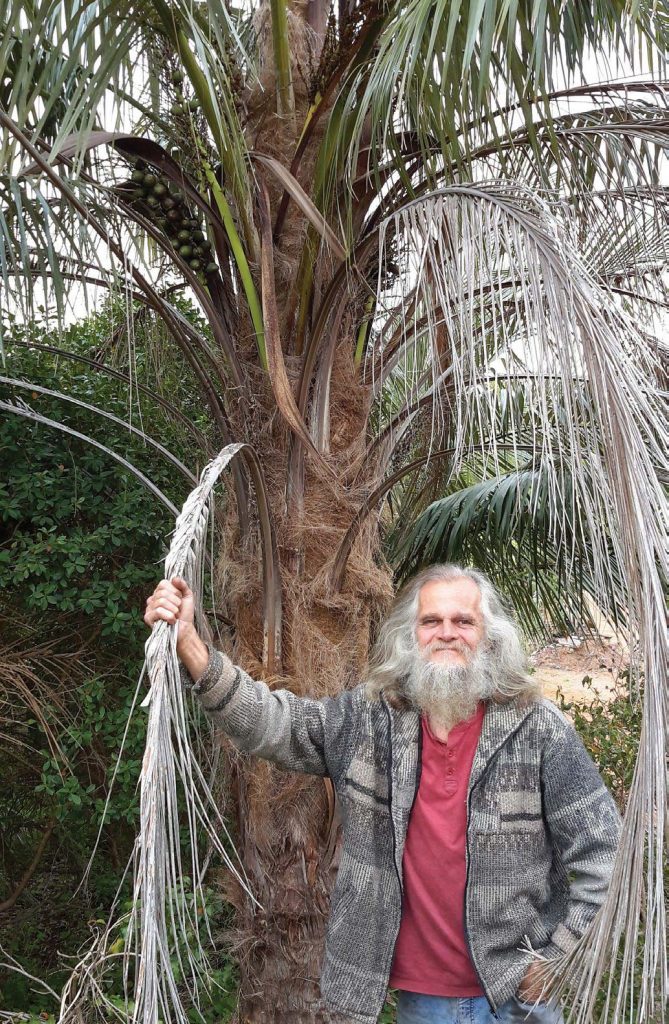

Jeff Nugent
I did my PDC with Bill in 1983 in Stanley, Tasmania, when I was thirty. Everyone loved the course. I was studying Environmental Science at Murdoch Uni at the time, and had the opportunity to explore permaculture in one of my units. I kept studying…
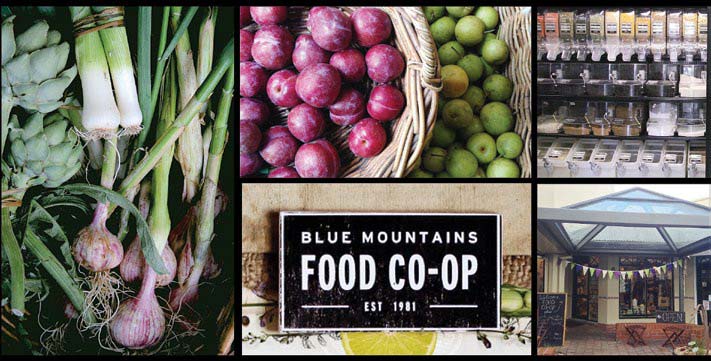

Create A Co-Op: Own Where You Work
Co-operatives are re-emerging as a global movement, as workers around the world – faced with rising unemployment and a slow transition to a sustainable economy – employ themselves in jobs they would rather be doing. Co-op laws provide a flexible framework for members to organise…
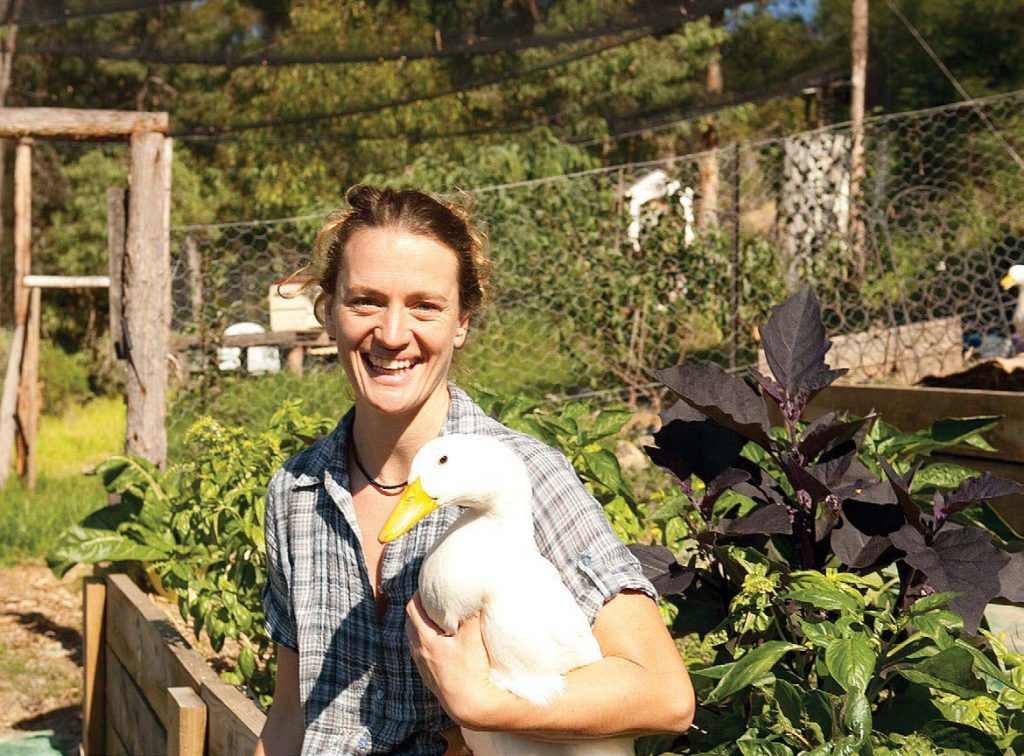

Why Permaculture Is Good For Your Health
Permaculture began as ‘permanent agriculture’, a sustainable food production system based on ecological principles. Growing our own food is extremely good for us and there is an indisputable and ever-increasing body of research, which supports the health benefits of gardening: it can improve our health…
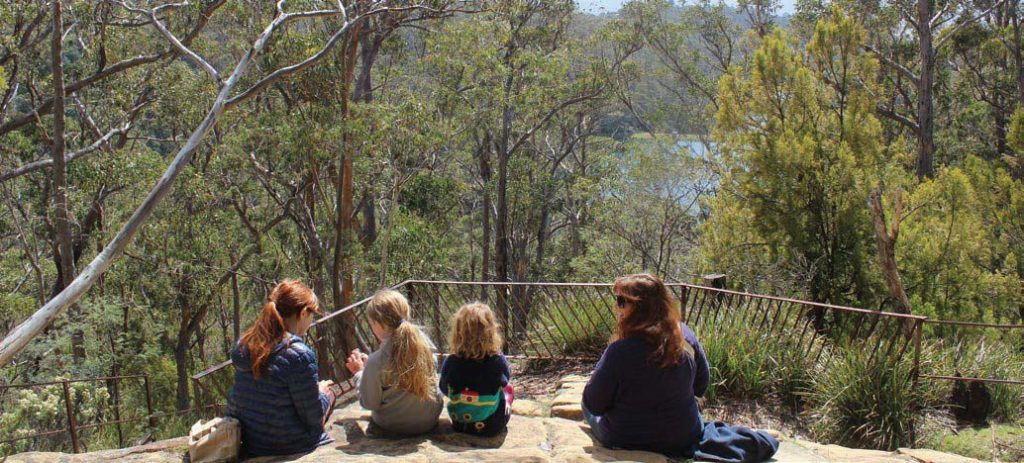

Introducing Permaculture To Children
Permaculture theory and design are concepts traditionally communicated in an adult forum. Children may pick up snippets of information living within and around a permaculture system, perhaps learning more as they grow older. However, children can reveal themselves to be very adept at taking on…
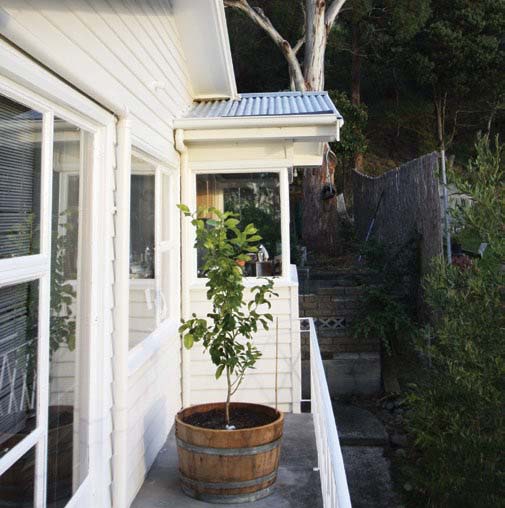

Permaculture Design Process
For us at Good Life Permaculture, permaculture design incites deep excitement of what’s possible, but it also humbles us: landscapes and people-scapes are vast, complex, ever-changing and unique. I think that’s why we hold onto permaculture so strongly. Permaculture is the best tool I’ve found…
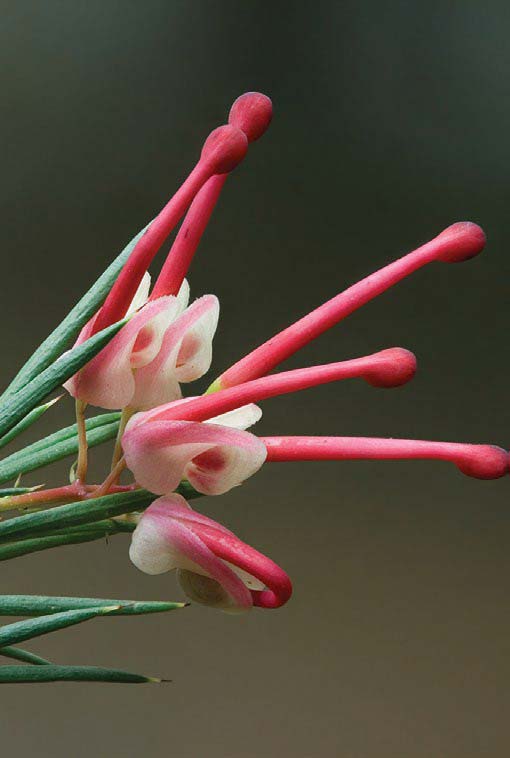

Australian Natives: In A Food Forest Garden
Well-designed food forests and forest gardens are a versatile food production solution that, in addition to producing food, are able to provide for a wide range of animals and fungi that create the connections between the plants in our garden.
As well as being focused on…
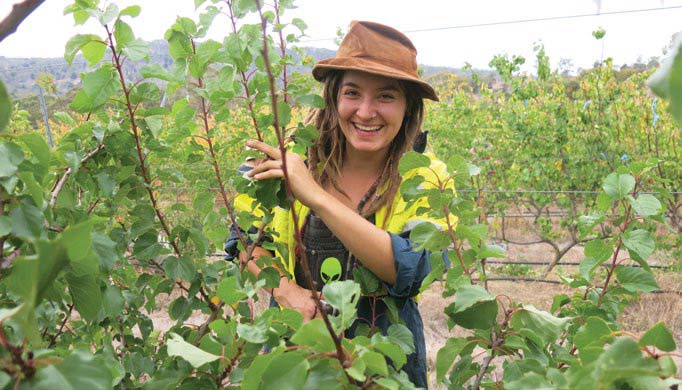

A Complete Guide To Permaculture Courses
Undertaking a permaculture course is a very rewarding experience. Not only will you gain skills and knowledge, but you may end up viewing the world in a new way. You will also interact with a group which is interested in similar things as you, and…
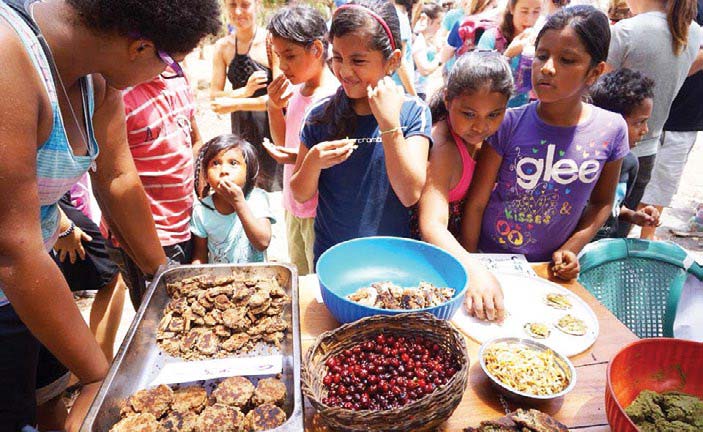

Permaculture Around The World
Project Bona Fide is an internationally recognised ten and a half hectare permaculture demonstration and education farm situated on the stunning volcanic Ometepe Island on Lake Nicaragua. Its focus is support for community selfreliance and regenerative living.
The project researches and develops agro-ecological systems, and cultivates…
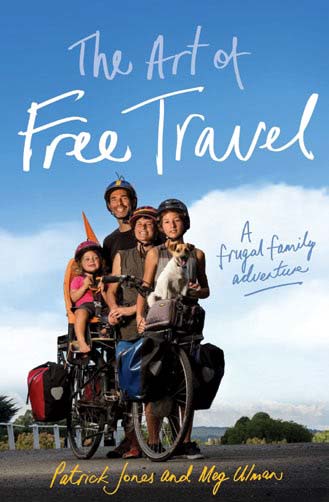

Pip Picks
In late 2013 Patrick, Meg and their family, Zephyr (10), Woody (1) and Zero the Jack Russell, set off on an epic 6000 kilometre year-long cycling journey up Australia’s east coast and back.
Their aim was to live as cheaply as possible − guerrilla camping, hunting,…
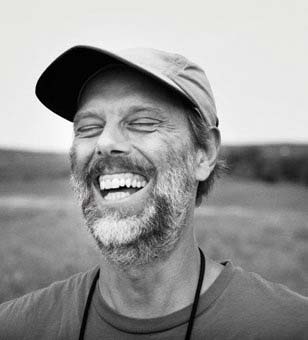

Noticeboard
Be inspired by and learn from renowned thinkers and soil advocates.
Millen Farm is hosting ‘Digging Deeper into Soil’, a half-day conference that will set the scene of soil in Australia. Featuring the most recent research from local scientists, see how this research can be used…
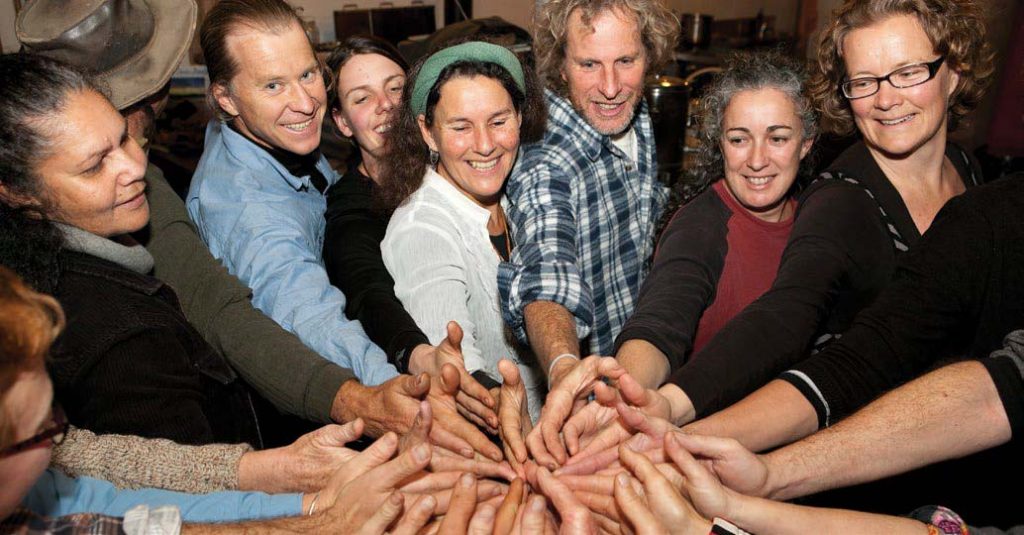

Permaculture’s Next Big Step
The permaculture movement appears to have reached a crossroads. As a holistic design approach based on systems thinking, ecological principles and energy literacy, permaculture has the potential to have a transformative impact on how we sustainably operate our social, economic and agricultural systems in a…
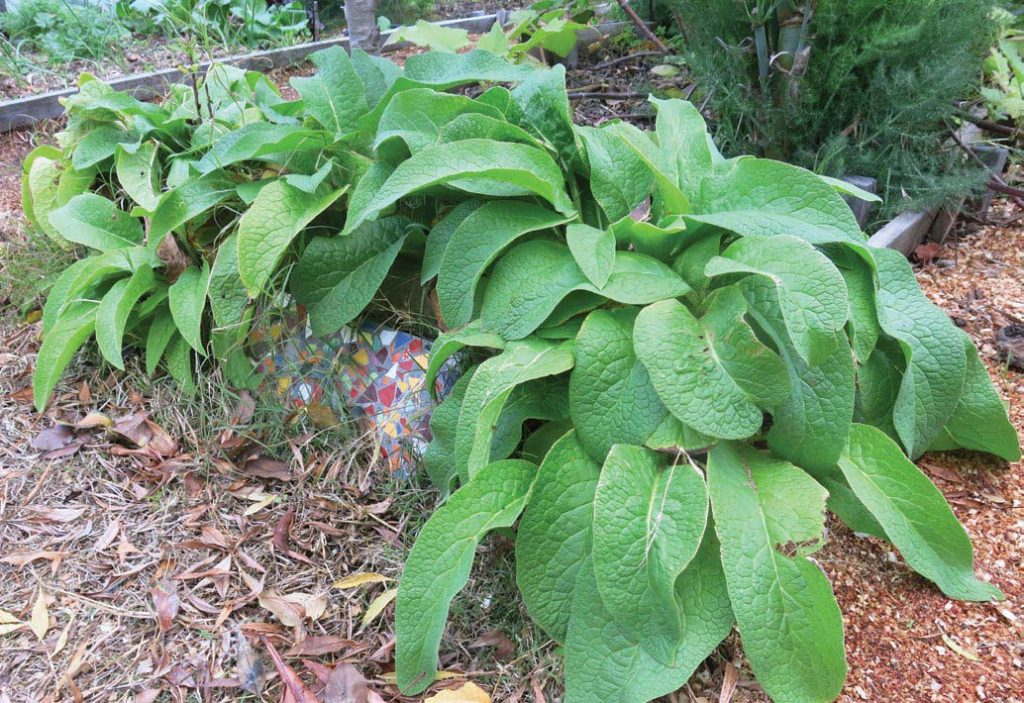

Permaculture Plant: Comfrey
Botanical name: Symphytum officinale
Other common name: knitbone
Origin: Europe
Description: A non-woody herb with large, hairy leaves growing from a central rosette, pale purple flowers and thick roots. In good conditions the leaf mass grows up to fifty centimetres, with flower stems emerging above the leaves.
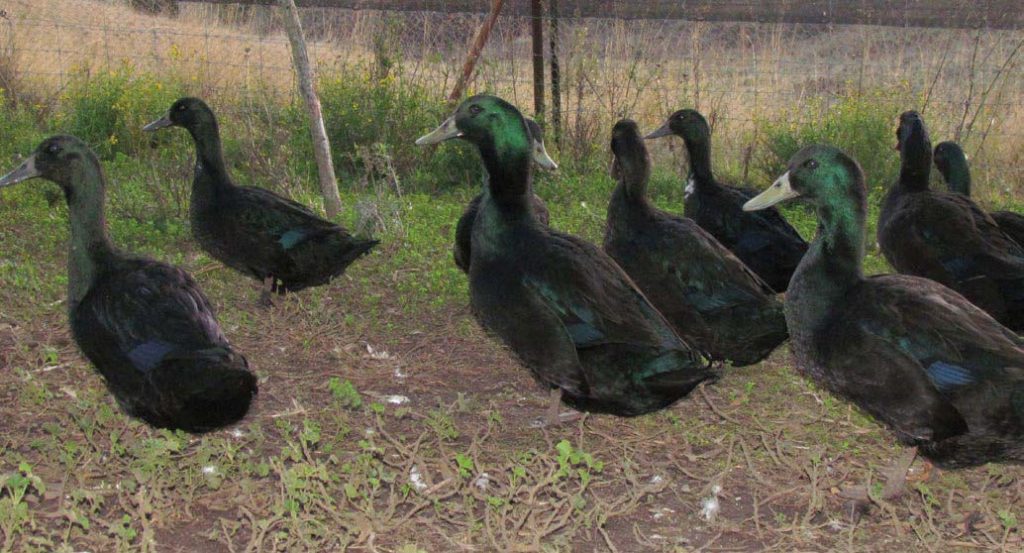

Rare Breeds: The Cayuga Duck
The Cayuga duck breed may have originated in South America, but was first ‘discovered’ on Lake Cayuga in New York state around the mid-1800s. It is thought to be a hybrid between an American black duck and a mallard. It is medium weight – the…
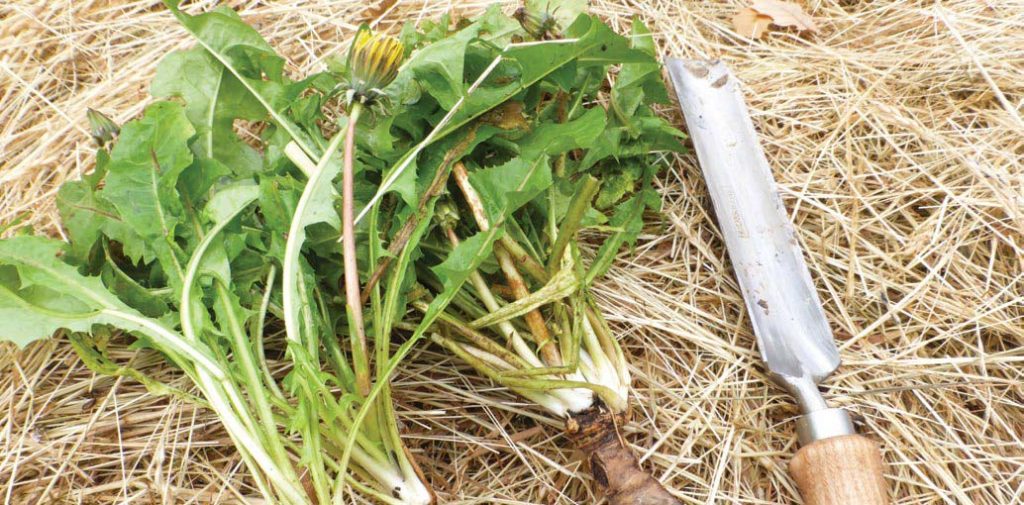

Eat Your Weeds: Dandelion
Botanical name: Taraxacum officinale
Parts used: flowers, stems, leaves and roots
Description: a rosette of rough-toothed leaves from a single taproot. A ‘true dandelion’ produces yellow flowers each of which sit on a single hollow stem, and that helps to identify it from lookalikes hawksbeard (Crepis species)…
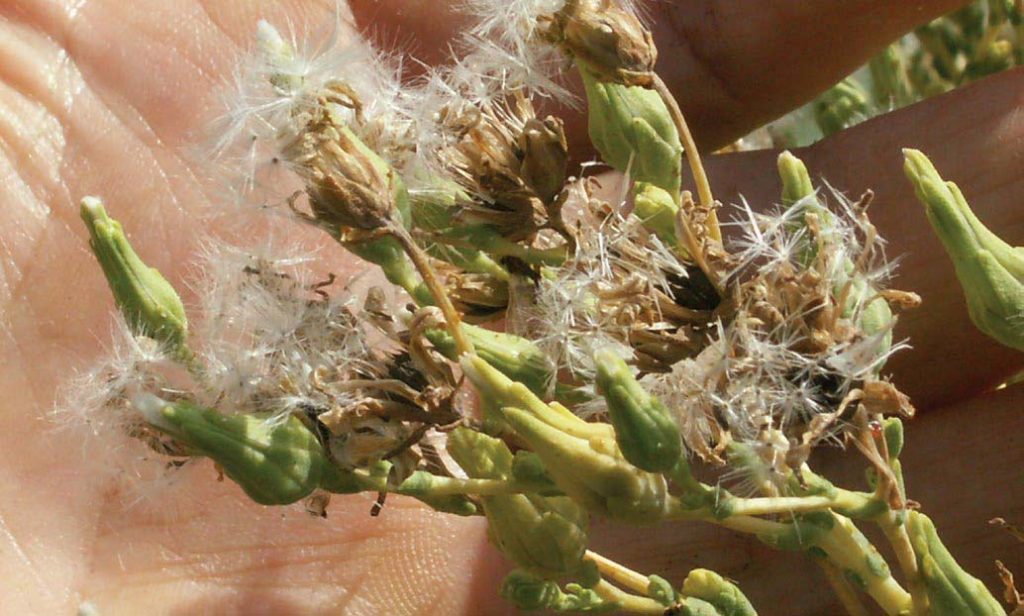

Save Your Seeds: Lettuce
Lettuce is self-pollinating, so it is an excellent choice for beginner seed savers and those with urban gardens with neighbouring vegetable growers. The flowers are pollinated before they open, so there is little chance of varieties getting crossed. It is usually enough to keep flowering…
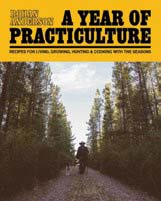

Book Reviews
The second book from the author of Whole Larder Love: Grow, Gather, Hunt, Cook (Power House Books 2012), A Year of Practiculture focuses on ‘a way of living where daily choices are made based on their practical outcome’. When you give up your main source…
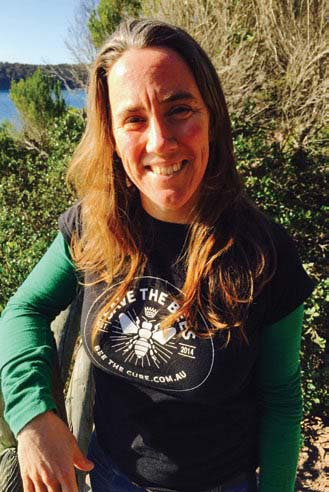

Editorial
I am so happy to bring you issue four of Pip Magazine, with its bee friendly focus.
I have learnt so much about bees and their lives, their needs and their importance to our lives on this planet. A huge thank you to Adrian Iodice, whose…

